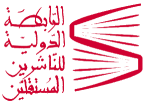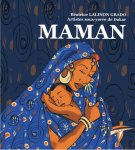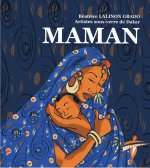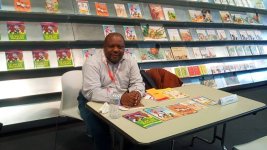
Translated into portuguese by Giselle UNTI.
This book was co-published by the Brazilian publisher
Vozes, the Angolan publisher Chá de Caxinde and the Portuguese publisher Campo das Letras and received support from the Prince Claus Foundation for culture and development.
Following Les batailles de l’eau by Mohammed Larbi Bougerra, this is the second French-language title of the “Enjeux Planète” series, translated and published in the Portuguese series named “Questões Mundiais”.
In the North as in the South, we like big cities, but we don’t like their violence. A common tendency is to blame the poorest inhabitants for this violence, and then, in order to fight against its spread, to adopt strategies based on strong security measures: our societies are quickly becoming societies of fear. Town planning, already, divides space into fortresses and ghettos. One cannot continue to conceptualize urbanization in police stations: an alternative analysis of the phenomena of urban violence and insecurity is necessary. This can only be done by putting this question in perspective, in the context of the violence of urbanization and globalisation, while also taking into account, the point of view of the poor and particularly among these poor, the “malicious ones”, outsiders, illegal immigrants, criminals, members of gangs.
When everything seems blocked, the “vision of the poor” opens the way to a pacification of urban territories. Against the current obsession with security, a creative dialogue is essential with those that the ruling power blames or distrusts. This book is addressed to all those who seek to understand the logic of the city, those for whom the city inspires fear and love, who don’t want to give up it, but also to the inhabitants of the extreme districts, even if they are poor and “malicious”, even if the city destroys them more than it protects them. To rebuild cities we can live in, we must disobey the models.
Year of publication: 2006,
188 pages
12 francophone publishers deal with different issues on the challenges of globalization (natural resources, development aid, North-South relations, etc.). An international collection for another globalization: “Global Issues” also exists in English and in Portuguese. Short essays, conveying diagnoses and proposals, perspectives for action, accessible to a large public. Bearing the “Le Livre équitable” (Fair Book) label, this collection is subject to fair and solidarity-based trade agreements.










































